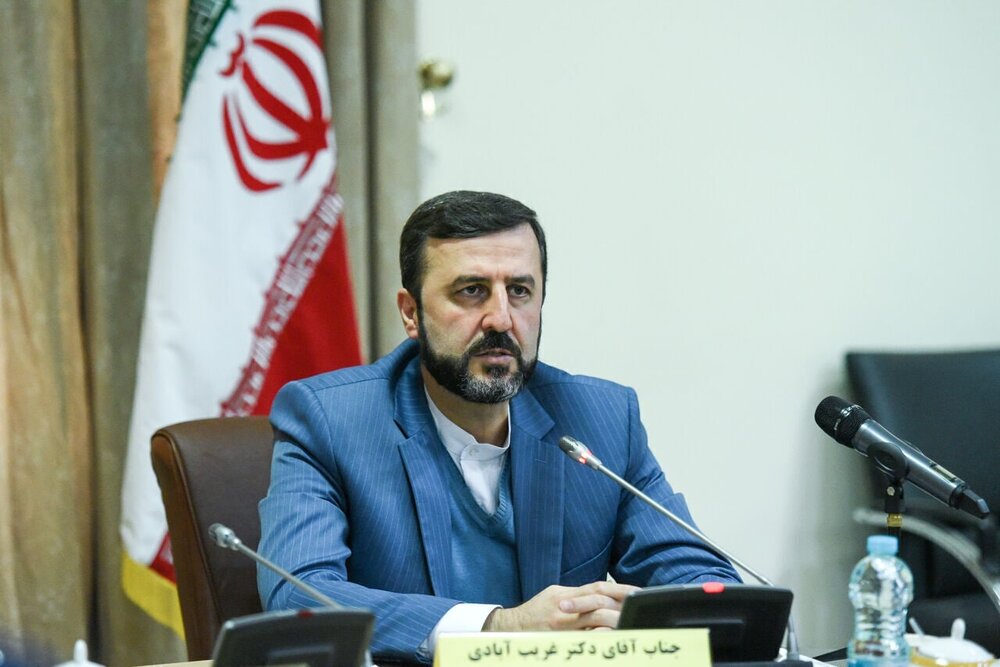Iran demands accountability from countries complicit in Sardasht chemical attack

TEHRAN- Kazem Qaribabadi, head of Iran's Human Rights Headquarters and deputy chief of the Judiciary, said on Saturday that the U.S. and certain European nations were complicit in providing chemical weapons to the former Iraqi despot Saddam Hussein, and that they should be held accountable.
Speaking at a ceremony commemorating the anniversary of the Saddam regime's bombardment of Sardasht in West Azerbaijan, Qaribabadi asserted that “the Islamic Republic of Iran is a victim of weapons of mass destruction, more than 13,000 people have been martyred and more than 100,000 injured as a result of the use of chemical weapons against the people of our country, and some of our war veterans which were affected by the Saddam chemical attacks still become martyrs on a daily basis.”
In accordance to a report by the Organization for the Prohibition of Chemical Weapons (OPCW), he said, more than 15 countries, mostly in Europe, as well as the U.S., were involved in arming the Saddam regime with chemical weapons and that these governments must now be held accountable for their complicity.
In addition, Qaribabadi urged the international legal bodies to hold these counties accountable, saying that lawsuit has been filed against certain European individuals, but that is not enough.
Sardasht was the first city that Saddam struck with chemical weapons during his imposed war on Iran.
In two consecutive bombing flights on four civilian districts on June 28, 1987, Iraqi planes dropped what Iranian officials thought to be mustard gas bombs on the city.
Out of a population of 20,000, 25% are still suffering severe illnesses from the attacks.
During the 1980–1988 war that Iraq inflicted on Iran, chemical weapons caused tens of thousands of deaths and injuries. The impacts, which include chronic respiratory issues, eye and skin problems, immune system illnesses, psychiatric disorders, genetic abnormalities, and presumably cancers, are still being felt by around 100,000 Iranians.
